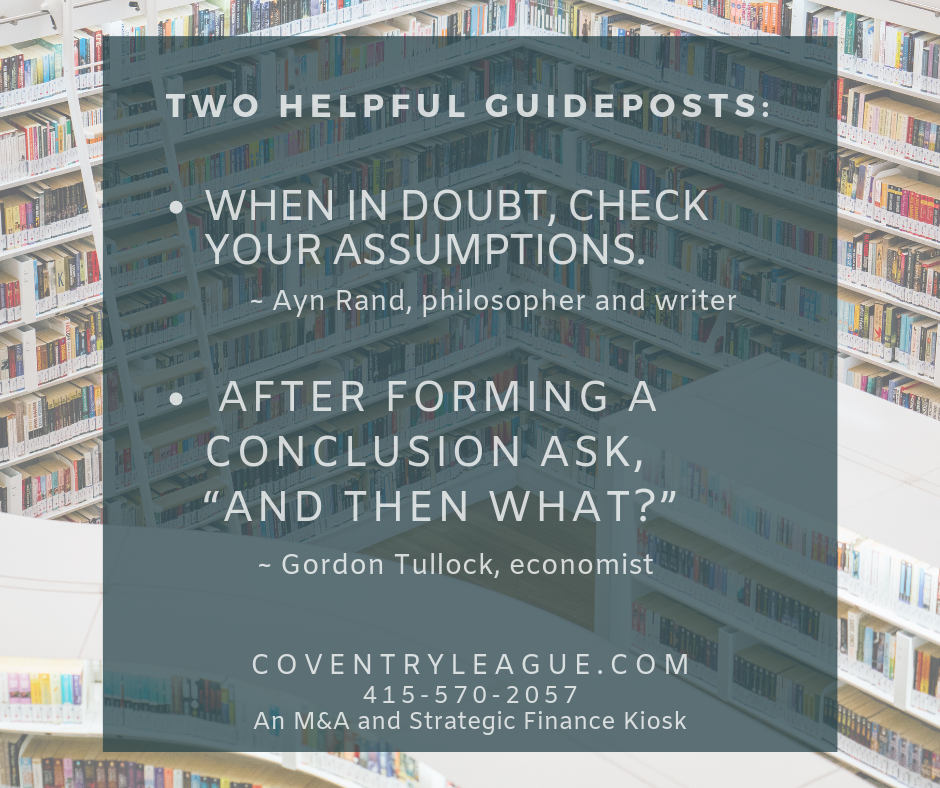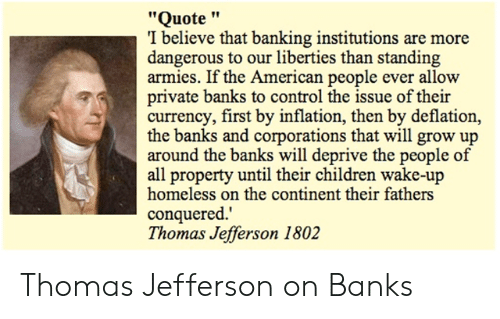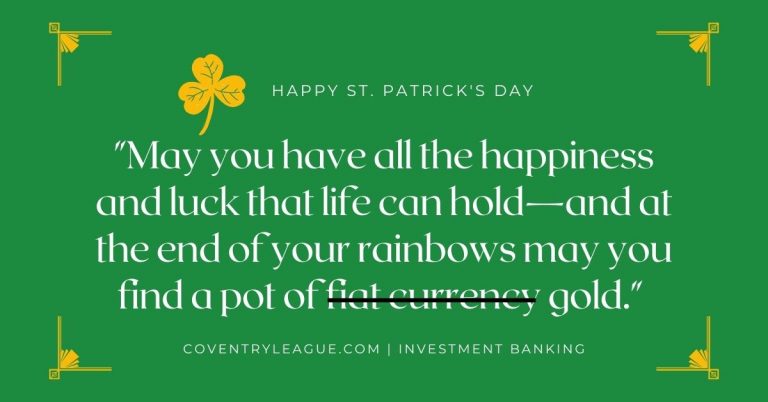
Is “Tits and Their Food Supply in English Pine Woods: A Problem in Applied Ornithology” on your reading list?
Or, does the following extract resonate with your inner behavioral economics sensibilities?
It’s true that Darwin’s “natural selection” takes the form of profit in markets and survival in biology, but a closer look shows surprising similarities. “Indeed, it could be argued that I have never left economics,” he wrote in 1979, “that all of my ‘biological’ articles are simply economics articles in which I have rather unusual sets of entities maximizing a rather unusual utility function.”
Well, if you answered “yes” to either question, then you might like this article titled “The Joyful Contrarianism of Gordon Tullock” that is in the October issue of Reason Magazine (Free Minds and Free Markets).
Many of Tullock’s insights that were once dismissed not just as counter-intuitive but as outlandish—have now become conventional wisdom. The subject of the article is economics. More specifically, it addresses three topics that are behaviorally oriented: (1) safety regulations, (2) corruption, and (3) bio-economics.
After reading the article, think of how the three concepts might apply to your daily lives. For example:
- Helmet laws in relation to bicyclists (who then take greater behavioral risks while wearing a helmet)
- “Registered/licensed” broker-dealer-advisors in relation to retail investors (who then shirk their own responsibility of investment due-diligence)
- Government bailouts/subsidies in relation to corporate behavior (increased risk-taking; a “privatize-the-gains – socialize-the-losses” mentality)
- Or, what about willingly accepting a private, for-profit organization (the FED) to, directly and indirectly, control arguably the most important price in the market (that of money)? And then what? [One of our Founding Fathers, Thomas Jefferson provided an uncanny foreboding about this topic over 200 years ago.]

Nevertheless, the following are some extracts about each of the three sections of the article:
Contents
Safety Regulations
- Economists pitch their arguments “at the margin,” meaning for the last increment.
- The safety of the car, after all, is just one factor; drivers and their attitudes toward danger are the key missing variable. The state can only mandate the safety of the car. Ultimately, the driver’s behavior determines the risk of driving.
- If the government “subsidizes” accidents by mandating airbags, there will be more accidents. Worse, because of increased automobile speed and recklessness, there will be more pedestrian injuries and deaths. Safer cars mean more injuries.
- Reducing governmental regulations – at the margin – can improve safety and outcomes.
- The idea that perfect safety is morally undesirable, because such policies have enormous opportunity costs, is obviously, annoyingly important—and a big part of the reason economists often end up standing alone at parties, studying the wallpaper pattern.
Corruption
- More corruption in bureaucratic environments can improve efficiency in a system.
- In a system with bad rules or limited state capacity, tacit endorsement of corruption improves the working of the system. The more inefficient the system, the greater the efficiency increase in the near term, as scarce resources are directed first to higher-value uses…. In the short term, corruption is a workaround for bad government, but in the long run corruption locks in bad government and encourages abuses of state power.
- The opportunity to collect bribes was so lucrative that the positions were essentially sold as franchises, with officials paying their superiors, who paid their superiors, and so on. This system, once in place, is nearly impossible to root out.
- If a new, reform-oriented government comes into office, the reaction from government officials is likely to be fierce, possibly violent. After all, they paid for their corrupt jobs fair and square, and they expect to be able to collect.
- Firing civil servants may be even harder than firing college professors.
- The very idea of judgment had been hijacked by some members of the Church as a way to increase their revenue, selling “Get out of purgatory” cards.
Bio-Economics
- Specifically, the coal tit was a “careful shopper” in the sense that it had an optimal pattern for finding nourishing grubs hiding in pine cones. The birds weren’t looking for lower prices, as a human shopper would. Instead, they were “hungry, lazy, and curious.” This approach meant that a change in the environment—say, a favorite copse of pine trees getting bulldozed—was not catastrophic, because the birds had pursued what game theorists call a “mixed” strategy: usually searching in places that have proved grub-dense but sometimes looking elsewhere.
- As the sociobiologist E.O. Wilson famously (and controversially) said, “The competition between [selfishness and altruism] can be succinctly expressed as follows: Within groups, selfish individuals beat altruistic individuals, but groups of altruists beat groups of selfish individuals. Or, risking oversimplification, individual selection promoted sin, while group selection promoted virtue.”
Summary
- We can’t rely on love and mutual good feeling to guide the way we govern ourselves. If we do, there’s no way to handle sudden changes in the environment. To make the system robust, we have to design rule structures as if they were going to be operated by fools or knaves. Because as Tullock well knew, they almost certainly will be.
- If we had to select a single question to always be asking politicians and regulators, Tullock’s “And then what?” would be a strong candidate.
Further Reading
- Berkshire Hathaway’s Mark-To-Myth Accounting Practices (The Temptation of St. Warren)
- Towards A Theory Of Sustainability (cost externalities)
- “Atlas Shrugged” by Ayn Rand


thanks for the book suggestion and links to other articles